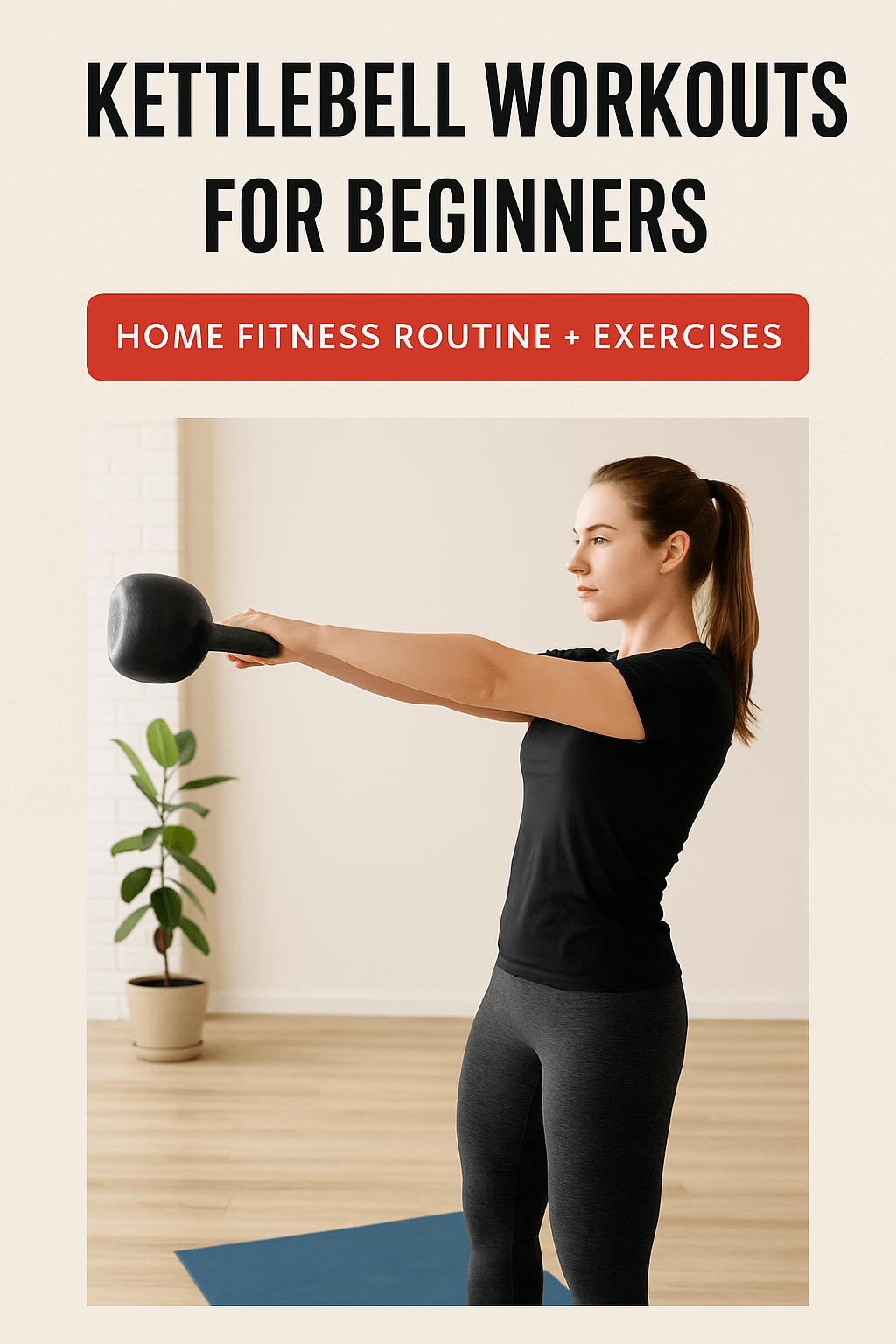Exercise Daily – Stress is an unavoidable part of life. Stressors come in all shapes and sizes, from work deadlines to personal responsibilities. While we can’t eliminate stress, we can manage it effectively. This article will explore how exercise and nutrition can be powerful coping tools. So, let’s dive in!
Before we delve into the solutions, it’s essential to understand what stress is. Stress is your body’s natural response to a perceived threat or challenge. It’s the “fight or flight” reaction that has been hardwired into our DNA for survival. However, in today’s fast-paced world, our bodies often respond to non-life-threatening stressors, leading to chronic stress.
The Impact of Stress on Health
Stress is more than just a mental discomfort; it profoundly affects physical health. When your body perceives a threat, whether a looming deadline or a heated argument, it releases a surge of hormones, primarily cortisol and adrenaline. These hormones prepare your body for a rapid response, but chronic exposure can lead to various health problems.
1. Cardiovascular Consequences
One of the most significant impacts of chronic stress is on your heart and blood vessels. Stress can lead to high blood pressure, which increases the workload on your heart and can eventually lead to heart disease or stroke. The constant state of alertness brought on by stress can also cause your arteries to constrict, further increasing the risk of cardiovascular issues.
2. Immune System Suppression
Stress doesn’t just make you feel run-down; it can weaken your immune system. When under constant pressure, your body produces fewer white blood cells, which are crucial for fighting infections. This means you’re more susceptible to illnesses, and it may take longer to recover when you do get sick.
3. Digestive Disruptions
Your digestive system isn’t immune to stress either. Stress can lead to various digestive issues, from mild discomfort like indigestion to more severe conditions like irritable bowel syndrome (IBS). When stressed, your body diverts blood from your organs, slowing digestion and potentially causing problems.
4. Sleep Troubles
Have you ever been tossing and turning all night when stressed? Stress and sleep are closely connected. Stress can lead to insomnia or poor-quality sleep, and the resulting sleep deprivation can, in turn, worsen your stress levels. It’s a vicious cycle that can leave you exhausted and mentally drained.
5. Mental Health Matters
Stress takes a significant toll on your mental health as well. It can contribute to developing or exacerbating conditions like anxiety and depression. The constant worry and strain of stress can make it challenging to think clearly and find joy in everyday activities.
6. Weight Gain
Stress can influence your weight too, often leading to unhealthy eating habits. Some people turn to comfort foods high in sugar and fat as a coping mechanism, while others may lose their appetite entirely. Both extremes can lead to weight gain or loss, further impacting your health.

The Link Between Stress and Health
1. Impact of Stress on Physical Health
Stress is not just a mental burden; it can also manifest physically. High stress levels are linked to an increased risk of heart disease, hypertension, and weakened immune function. Understanding this connection is crucial for addressing stress effectively.
2. Impact of Stress on Mental Health
Stress can wreak havoc on your mental health. It can lead to anxiety, depression, and even cognitive impairment. Recognizing the signs of stress-related mental health issues is the first step toward managing them.
3. Role of Exercise and Nutrition
Exercise and nutrition play pivotal roles in mitigating the detrimental effects of stress. But how exactly do they work, and how can you incorporate them into your daily life?
Types of Stress-Relieving Exercises
Exercise is a powerful antidote to stress. It helps release endorphins, your body’s natural stress fighters and provides a healthy outlet for pent-up tension. Here are several types of stress-relieving exercises to consider:
1. Aerobic Exercises
Aerobic or cardiovascular exercises get your heart rate up and your blood pumping. Activities like brisk walking, jogging, cycling, and swimming fall into this category. They are fantastic for burning off stress and improving overall fitness.
2. Yoga
Yoga combines physical postures, breathing exercises, and meditation to promote relaxation and stress relief. It not only improves flexibility and strength but also helps calm the mind. Different types of yoga, such as Hatha, Vinyasa, and Kundalini, offer varying levels of intensity and focus.
3. Pilates
Pilates is a low-impact exercise method that emphasizes core strength, flexibility, and body awareness. It’s excellent for those who want a gentler approach to exercise while still reaping stress-reduction benefits.
4. Tai Chi
Tai Chi is a slow, flowing martial art that emphasizes deep breathing and mindfulness. It’s known for its stress-reducing effects, promoting balance and relaxation. Tai Chi is particularly popular among older adults due to its gentle nature.
5. Strength Training
Strength training, including weightlifting and bodyweight exercises like push-ups and squats, can help build physical resilience and improve body image. The sense of accomplishment that comes with strength gains can boost your confidence and reduce stress.
6. Dance
Dancing isn’t just a fun social activity; it’s also an excellent way to reduce stress. Whether salsa, hip-hop, or ballet, dancing can release built-up tension and elevate your mood through music and movement.
7. Martial Arts
Martial arts disciplines like Karate, Judo, or Brazilian Jiu-Jitsu offer both physical activity and mental focus. They teach discipline, self-control, and stress management techniques while improving fitness.
8. Nature-Based Activities
Activities like hiking, trail running, or simply spending time in nature have a unique calming effect. Combining physical activity and exposure to natural surroundings can significantly lower stress levels.
9. Group Exercise Classes
Joining group exercise classes, spinning, Zumba, or CrossFit, can provide a sense of community and motivation. The camaraderie and support from fellow participants can make exercise more enjoyable and less stressful.
10. Mind-Body Fusion
Some classes, like BodyFlow or PiYo, blend yoga, Pilates, and Tai Chi elements with traditional fitness moves. These programs offer a holistic approach to stress relief, combining physical and mental well-being.

The Mind-Body Connection
Understanding the intricate relationship between your mind and body is crucial for effective stress management. Your mental state can profoundly impact your physical well-being and vice versa. Let’s explore the profound mind-body connection and how it can help you reduce stress.
1. Stress Response in the Mind
When you encounter a stressor, your brain signals your body to prepare for action. It’s a survival mechanism deeply ingrained in human evolution. Your amygdala, the brain’s emotional centre, perceives the threat, and your hypothalamus and pituitary gland activate the stress response.
This stress response triggers the release of hormones like cortisol and adrenaline, preparing your body to deal with the perceived threat. While this is essential for immediate survival, chronic stress can keep these stress hormones consistently elevated, causing havoc on your body.
2. Stress and Muscle Tension
One physical manifestation of stress is muscle tension. When you’re stressed, your muscles tend to contract and tighten. This can lead to discomfort headaches and even contribute to tension-type headaches and migraines. Practices like yoga and progressive muscle relaxation can help you release this physical tension.
3. Breathing and Stress
Your breath is intimately connected to your stress levels. When stressed, many people take shallow, rapid breaths, exacerbating anxiety. Learning deep breathing techniques can help you calm your mind and reduce stress. Try taking slow, deep breaths, inhaling for a count of four, holding for four, and exhaling for four.
4. The Power of Visualization
Visualization is a powerful tool that can help bridge the gap between your mind and body. When stressed, close your eyes and imagine a serene, peaceful place. Picture yourself there, focusing on the sensory details—the sound of waves, the warmth of the sun, or the rustling of leaves. This mental escape can provide immediate relief from stress.
5. The Role of Meditation
Meditation is a practice that directly taps into the mind-body connection. It promotes mindfulness, allowing you to observe your thoughts and emotions without judgment. Regular meditation can reduce the production of stress hormones and increase feelings of well-being.
6. The Gut-Brain Connection
Surprisingly, your gut and brain are intricately linked. The gut-brain connection, known as the gut-brain axis, demonstrates how gut health can influence mood and stress levels. A balanced diet with probiotics and prebiotics can positively impact your mental state.
7. Positive Affirmations
The power of positive thinking should not be underestimated. Repeating positive affirmations can shift your mindset and reduce stress. Instead of dwelling on negative thoughts, promises encourage you to focus on your strengths and positive aspects of life.
8. Holistic Approaches
Holistic practices like acupuncture, massage therapy, and aromatherapy can promote the mind-body connection. These therapies simultaneously target physical and mental well-being, helping you manage stress from multiple angles.

Social Support and Stress
In the intricate tapestry of stress management, one of the most resilient threads is social support. Our connections with others can be a powerful buffer against the storms of life. In this section, we delve into the significance of building and nurturing a support network, recognizing when professional help is needed, and the pivotal role of effective communication.
1. Building a Support Network
i. Your Social Safety Net
Think of your support network as a safety net, ready to catch you when life takes an unexpected turn. It consists of friends, family members, colleagues, and acquaintances offering emotional, practical, and sometimes financial support.
ii. Quality Over Quantity
It’s not about having an extensive list of contacts but rather having a few dependable individuals who truly understand and care about you. Quality matters more than quantity when it comes to your support network.
iii. Initiating Connections
Initiating connections can be intimidating, especially if you’re naturally introverted or shy. Start by contacting people you trust, such as close friends or family members, and gradually expand your network.
2. Seeking Professional Help
i. When Stress Becomes Overwhelming
Sometimes, the weight of stress becomes too much to bear on your own. This is when seeking professional help is not only beneficial but necessary. Mental health experts, such as therapists, counsellors, or psychiatrists, are trained to provide guidance and support tailored to your needs.
ii. Signs It’s Time
Recognizing when to seek professional help is crucial in managing stress effectively. If your stress significantly affects your daily life, work, or relationships, it’s a clear indicator that professional intervention is needed.
iii. No Stigma, Just Solutions
It’s important to destigmatize seeking help for mental health issues. As you would seek medical attention for a physical ailment, seeking therapy or counselling is a proactive step towards better mental well-being.
3. The Importance of Communication
i. The Bedrock of Relationships
Effective communication is the bedrock of healthy relationships. Clear and open communication is essential for reducing stress and resolving conflicts, whether it’s with your partner, family members, friends, or colleagues.
ii. Active Listening
Active listening is a crucial component of effective communication. It involves fully focusing on the speaker, giving them your undivided attention, and refraining from judgment or interruption. Active listening fosters empathy and understanding.
iii. Conflict Resolution
Conflict is a natural part of any relationship. Learning how to navigate conflicts constructively, rather than avoiding or letting them escalate, is key to maintaining healthy connections and minimizing stress.

Conclusion
Stress is a formidable adversary, but with the right tools, you can conquer it. Exercise and nutrition are powerful allies in the battle against stress. By incorporating stress-relieving exercises and stress-reducing foods into your daily life, you can achieve a sense of balance and well-being that will help you navigate life’s challenges with resilience and vitality. Remember, you can take control of your stress and live a happier, healthier life.
FAQs – Coping with Stress through Exercise and Nutrition
Q1. Can exercise reduce stress?
Absolutely! Exercise triggers the release of endorphins, which are natural stress relievers. Regular physical activity can significantly reduce stress levels.
Q2. What are some stress-reducing foods I can include in my diet?
Foods like leafy greens, berries, nuts, and fatty fish are excellent choices. They contain nutrients that can help your body manage stress better.
Q3. How often should I exercise to see stress-relief benefits?
Aim for at least 150 minutes of moderate-intensity exercise per week. You can break this down into smaller sessions to fit your schedule.
Q4. Are there any specific mindfulness techniques you recommend for stress reduction?
Mindfulness meditation, deep breathing exercises, and progressive muscle relaxation are great techniques. Find the one that resonates most with you.
Q5. Can nutrition alone help with stress management, or is exercise necessary, too?
While nutrition is essential, combining it with regular exercise provides a more comprehensive approach to stress management. The synergy between the two can yield remarkable results.





